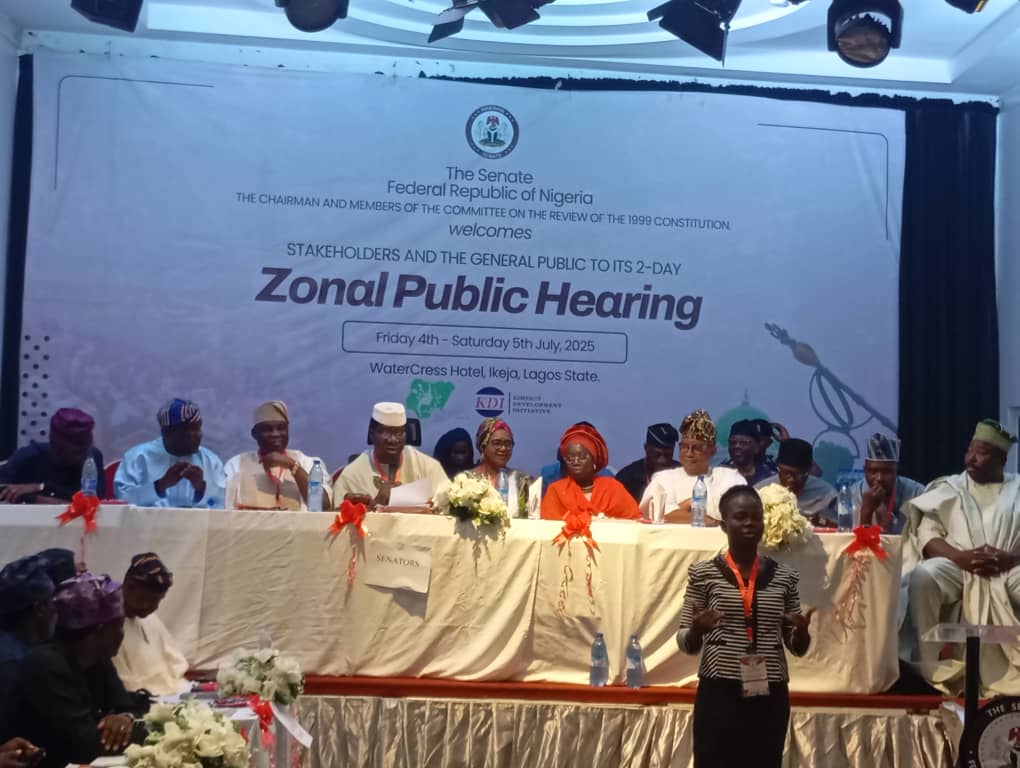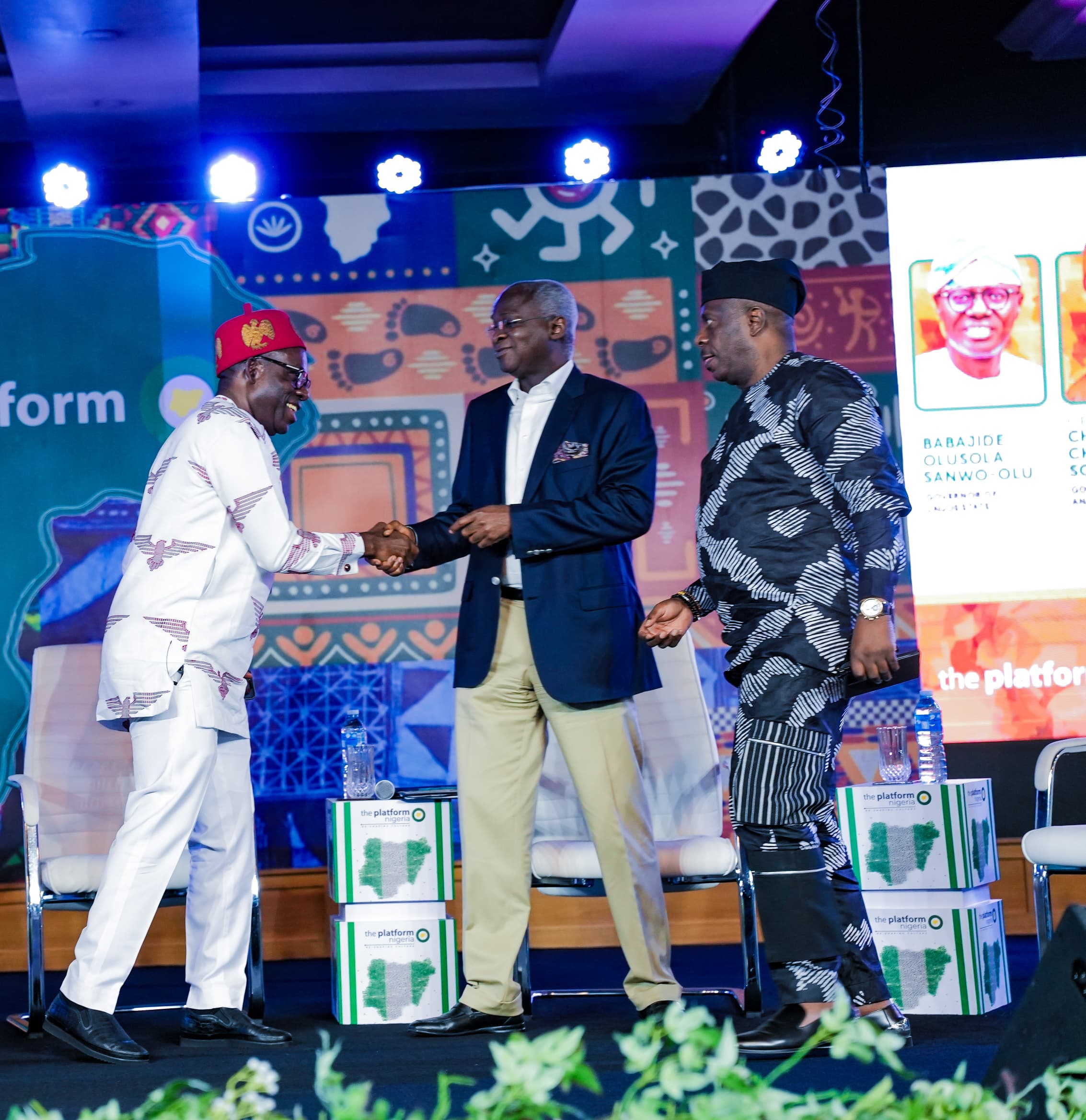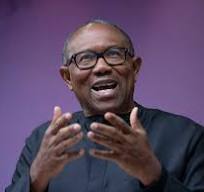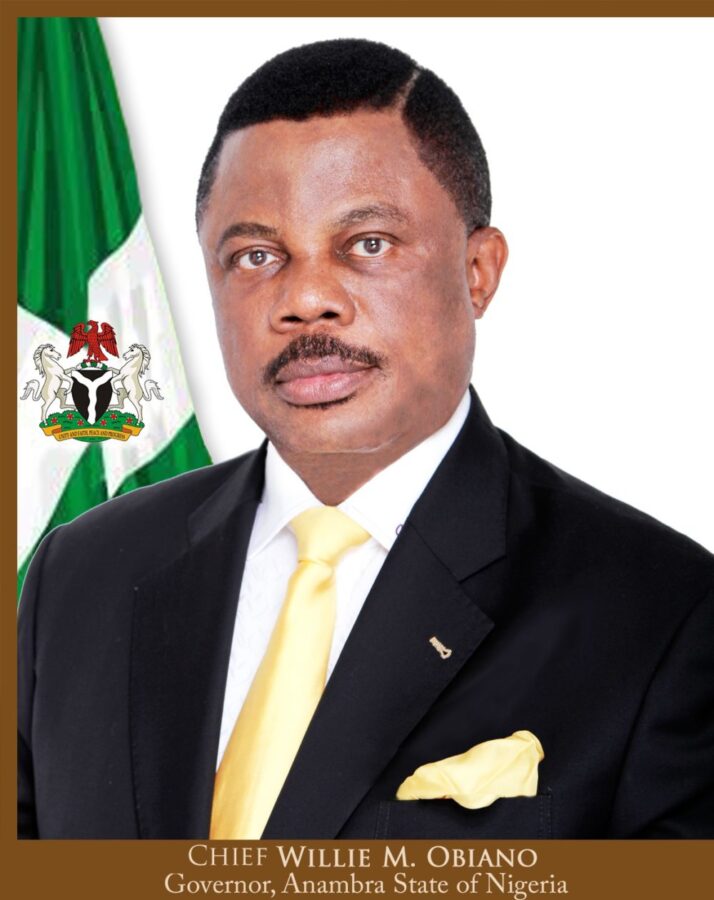The Nigerian Labour Congress, (NLC) has vehemently rejected the proposed transfer of labour matters from the Exclusive Legislative List to the Concurrent List.
NLC Chairperson in Lagos State, Comrade Funmi Sessi, who made the stand of the labour union known, warned it could institutionalize inequality and undermine national wage protection.
Sessi disclosed this during a two-day public hearing for the South-West geo-political zone, by Senate Committee on the Review of the 1999 Constitution.
She said, “Nigerian workers reject the attempt to remove labour provisions from the Exclusive List.
“It threatens the existence of a unified national minimum wage system ratified under ILO Convention 026.
“If allowed, many state governments will suppress labour rights and return workers to slave wages,” Sessi said.
She decried the uneven implementation of the new national minimum wage across states despite increased federal allocations.
According to her, devolution of labour would further marginalize workers and embolden violators of labour laws.
The NLC also demanded that Chapter Two of the constitution, which outlines socio-economic rights, be made justiciable.
It also renewed the call for full financial autonomy for the judiciary and legislature and called for robust oversight mechanisms and protections for social welfare and pension systems, in line with global best practices.
President should not appoint INEC chair
Ganiu Lawal on behalf of Youth-Led Electoral Reform Movement presented a five-point reform agenda to strengthen Nigeria’s electoral system.
It called for the removal of presidential powers in appointing INEC leadership, and establishment of an Electoral Offences Commission.
The Movement also called for the resolution of pre-election disputes before inauguration, electronic transmission of results, and truly continuous voter registration.
“We want a system that restores citizens’ confidence in elections. These reforms are essential for fairness, transparency, and accountability,” Lawal said.
Mr. Adeniyi Olutimehin, representing the Yoruba Youth Assembly and Greater Lagos Initiative, called for true federalism and regional autonomy.
He wanted the constitution to allow states to control natural resources, generate internal revenue, and oversee sectors such as security, agriculture, and transport.
The Lagos State Chairman, Nigerian Bar Association (NBA), Mr. Babajide Ajibade, (SAN), called for systemic reforms in the Judiciary to enhance efficiency.
He proposed a merit-based judicial appointments and emphasized the need for fiscal accountability in judiciary administration.
“There must be a shift from appointment by tenure to appointment by competence.
“Supreme Court access must also be restricted to constitutional and high-priority matters to reduce case backlog and speed up justice,” Ajibade said.
Not a jamboree – Senate
The Chairman, Senate Committee on the Review of the 1999 Constitution, Senator Opeyemi Bamidele, described the process as a continuation of Nigeria’s democratic evolution.
“Contrary to popular belief, every previous constitution review has produced tangible outcomes. That is why we now refer to the ‘1999 Constitution as amended.’
“The ongoing process is essential to deepening democracy and addressing national concerns such as devolution of powers and electoral reforms,” Bamidele said.
He added that constitutional amendment is intentionally rigorous, requiring two-thirds concurrence of State Houses of Assembly after passage by the National Assembly to ensure broad national consensus.
“This is not a jamboree. Nigerians have spoken clearly across all zones. The 10th National Assembly is committed to building a more inclusive, equitable, and responsive Constitution,” he said.
He expressed confidence that the collaboration between the national and state assemblies would lead to meaningful constitutional amendments before the end of 2025.
Civil society, traditional rulers, professional bodies, youth groups, and labour representatives across all six South-West states attended the event.





